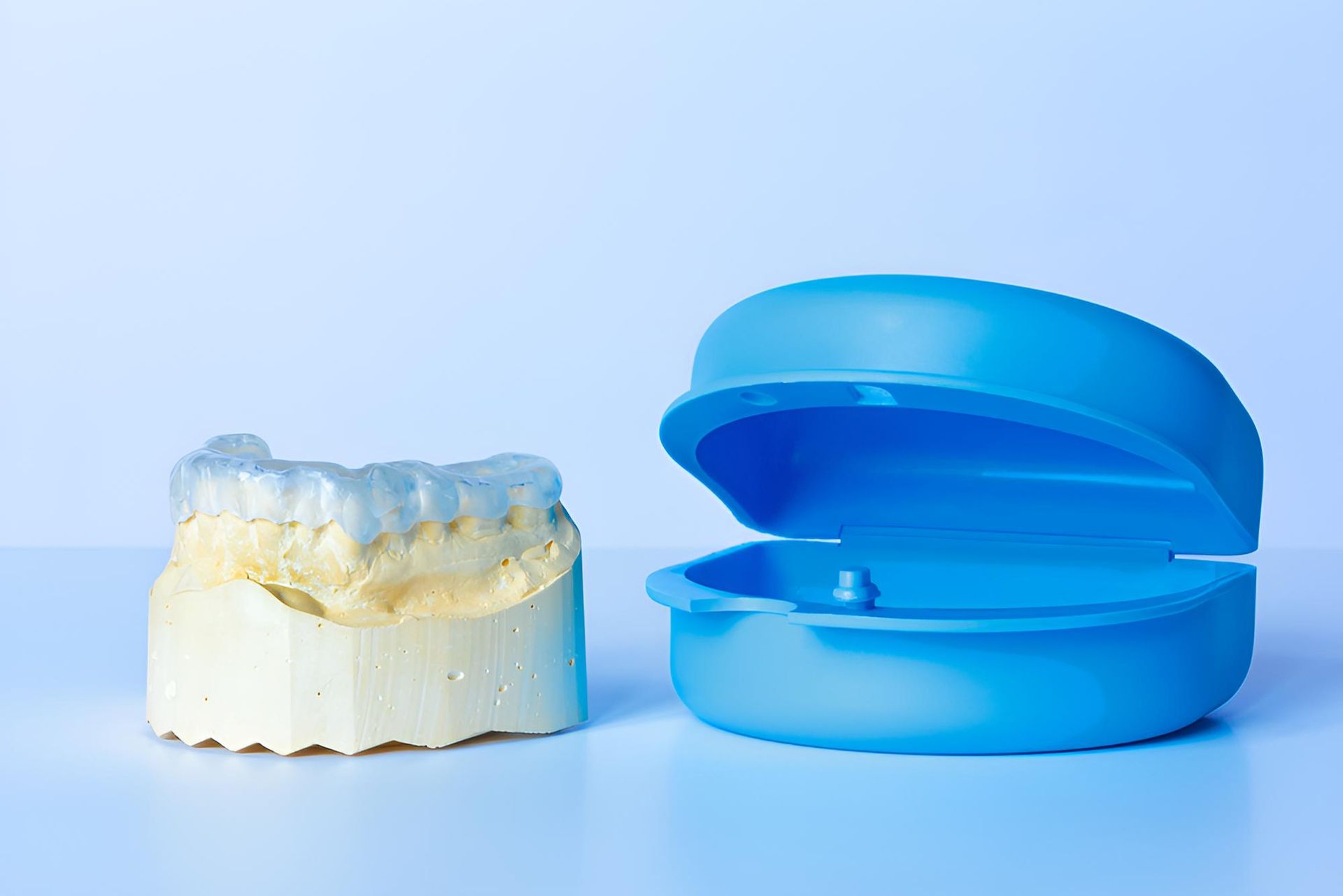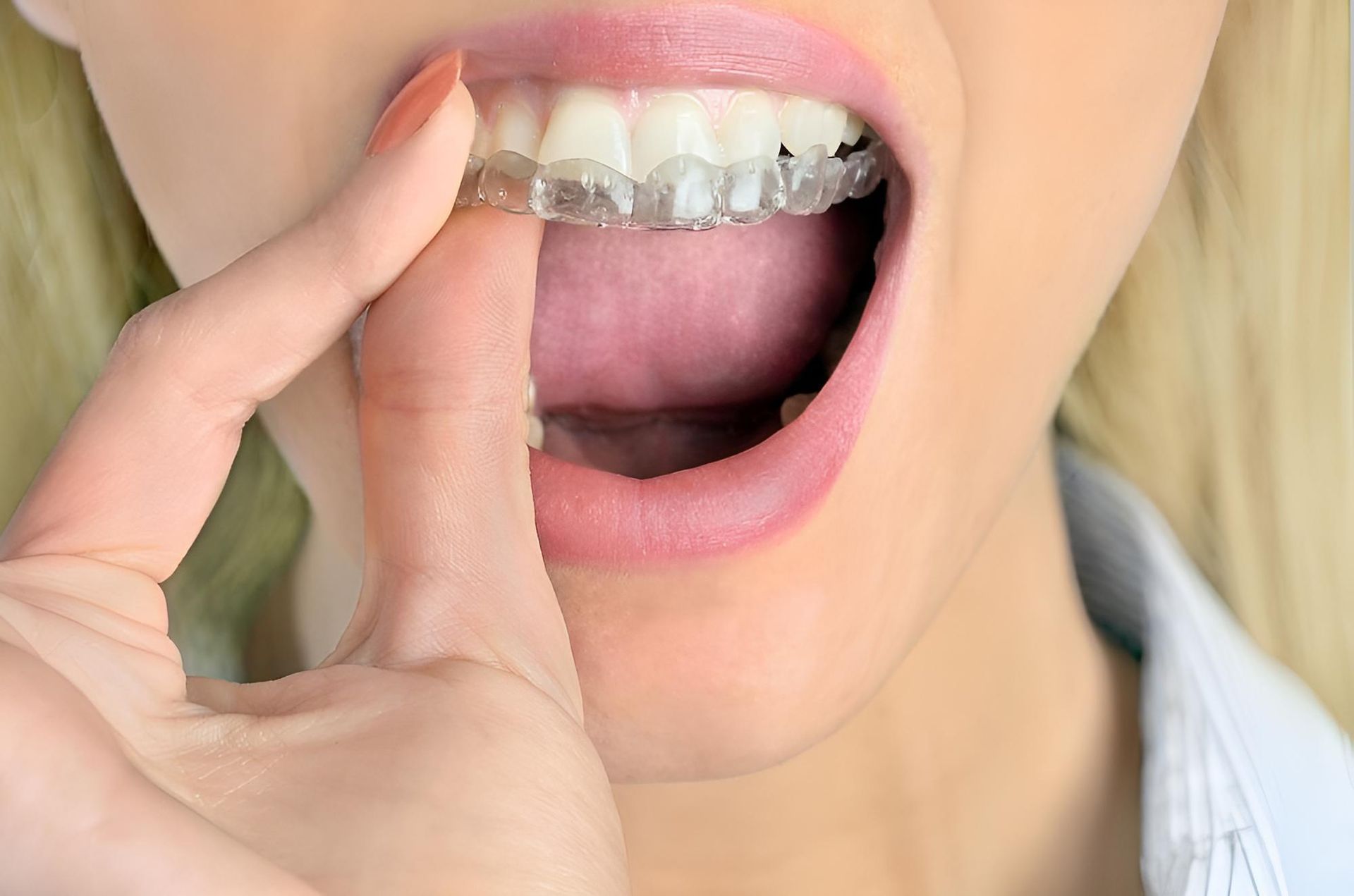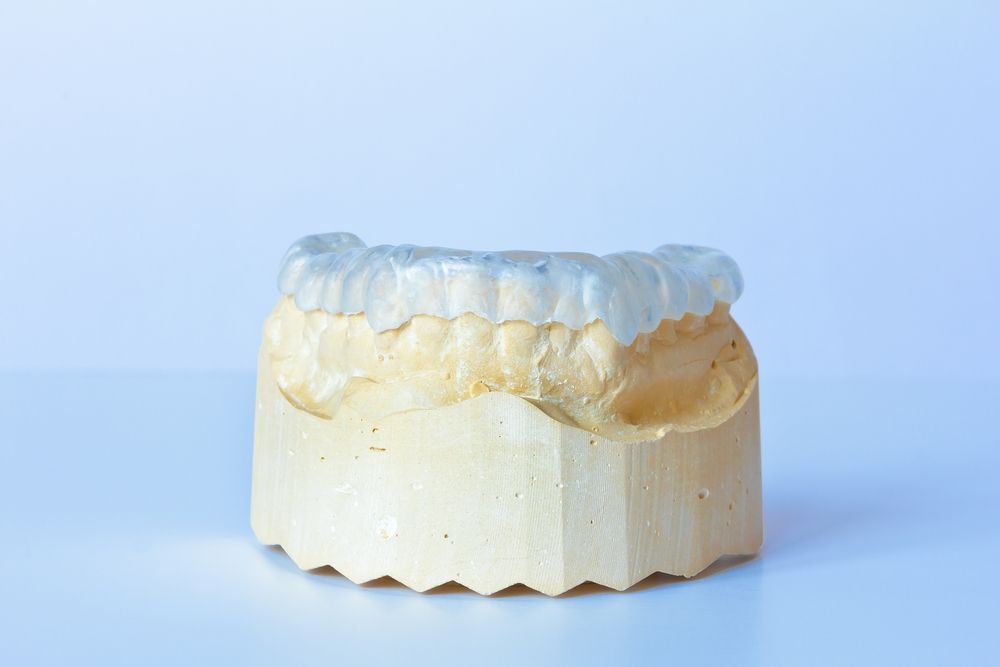Trower Dental
Dental Splints in Darwin
- Holistic Dental Approach
- Comprehensive and Affordable Care
- Patient-Centred Comfort
Request a Call Back
Thank you for contacting Trower Dental.
We will get back to you as soon as possible.
Oops, there was an error sending your message.
Please try again later.
Darwin Dental Splints
Waking with jaw pain, headaches, or worn teeth can often be linked to overnight clenching or grinding. At Trower Dental, we provide custom dental splints in Darwin designed to protect the teeth and lessen the strain caused by bruxism, offering a practical way to ease discomfort and support long-term oral health.
Each splint is tailored to fit comfortably and worn during sleep, creating a barrier that limits the impact of grinding and clenching. Nightguards are also available for added support, particularly for those experiencing ongoing symptoms associated with TMJ disorders.
With solutions designed to suit your needs, we aim to make dental care as supportive and straightforward as possible. Call us on
(08) 8945 4022 to arrange a consultation. We also offer
mouthguards,
dentures and more.
What Our Splints and Night Guards Assist With
Dental splints and night guards can make a noticeable difference in how your mouth feels and functions each day. If you’re dealing with pain, wear, or tension, here are five common concerns they can assist with:
- Teeth Grinding (Bruxism): These devices cushion your teeth to reduce damage from clenching or grinding at night.
- Jaw Clenching: Splints help relieve pressure placed on your jaw joints and surrounding muscles during clenching episodes.
- TMJ Disorders: Night guards can support jaw alignment and reduce symptoms linked to temporomandibular joint dysfunction.
- Facial Muscle Tension: Wearing a splint may reduce strain on the facial muscles that can build up due to constant tension.
- Tooth Wear and Fracture Risk: Dental splints help protect your enamel and lower the chance of small cracks or breakages over time.
Our dental splints offer targeted relief for a range of common dental issues. Ask us how we can help with the right fit for your needs.
Find The Right Solution For Your Smile
At Trower Dental, we understand that ongoing discomfort in your jaw, teeth, or facial muscles can affect your daily routine. For clients who may benefit from additional support, we take the time to learn about your habits, symptoms, and lifestyle before recommending a solution. It’s not just about the teeth — we consider the full picture.
If signs suggest teeth grinding or jaw tension, we may explore the option of custom dental splints. These are tailored to suit your bite and help minimise the pressure placed on your teeth and joints overnight. We ensure each device fits comfortably, allowing for natural movement without strain.
We also monitor changes over time. If your habits shift or new concerns arise, we’re here to help you make adjustments. Our aim is to make dental splints accessible and practical for people who need ongoing support without disrupting their routine.
How does a nightguard differ from a sports mouthguard?
A nightguard is a thin, custom-fitted appliance worn while sleeping to reduce the effects of teeth grinding or clenching. It cushions the teeth and relieves pressure on the jaw. A sports mouthguard, on the other hand, is bulkier and designed to protect teeth and gums from physical trauma during sport or physical activity. Each serves a different purpose and should be chosen based on whether the goal is protection or therapeutic support.
How do I clean my dental splint?
Clean your dental splint daily by rinsing it with lukewarm water and brushing it gently using a soft toothbrush. Avoid hot water, as it may alter the shape. Occasionally, soak the splint in a denture or retainer-cleaning solution to help remove buildup. Store it in a ventilated case when not in use to keep it dry and hygienic. Regular cleaning extends the splint’s life and helps prevent bad odours and bacterial growth.
How long should a dental splint last?
A dental splint can last for several years with proper care, but its lifespan depends on how often it’s worn and the level of grinding or clenching. Heavy use may cause wear, warping, or damage over time. Regular dental check-ups are important to monitor its condition and fit. If the splint becomes loose, cracked, or uncomfortable, it may need replacement or adjustment to continue offering effective support and protection for the teeth and jaw.







